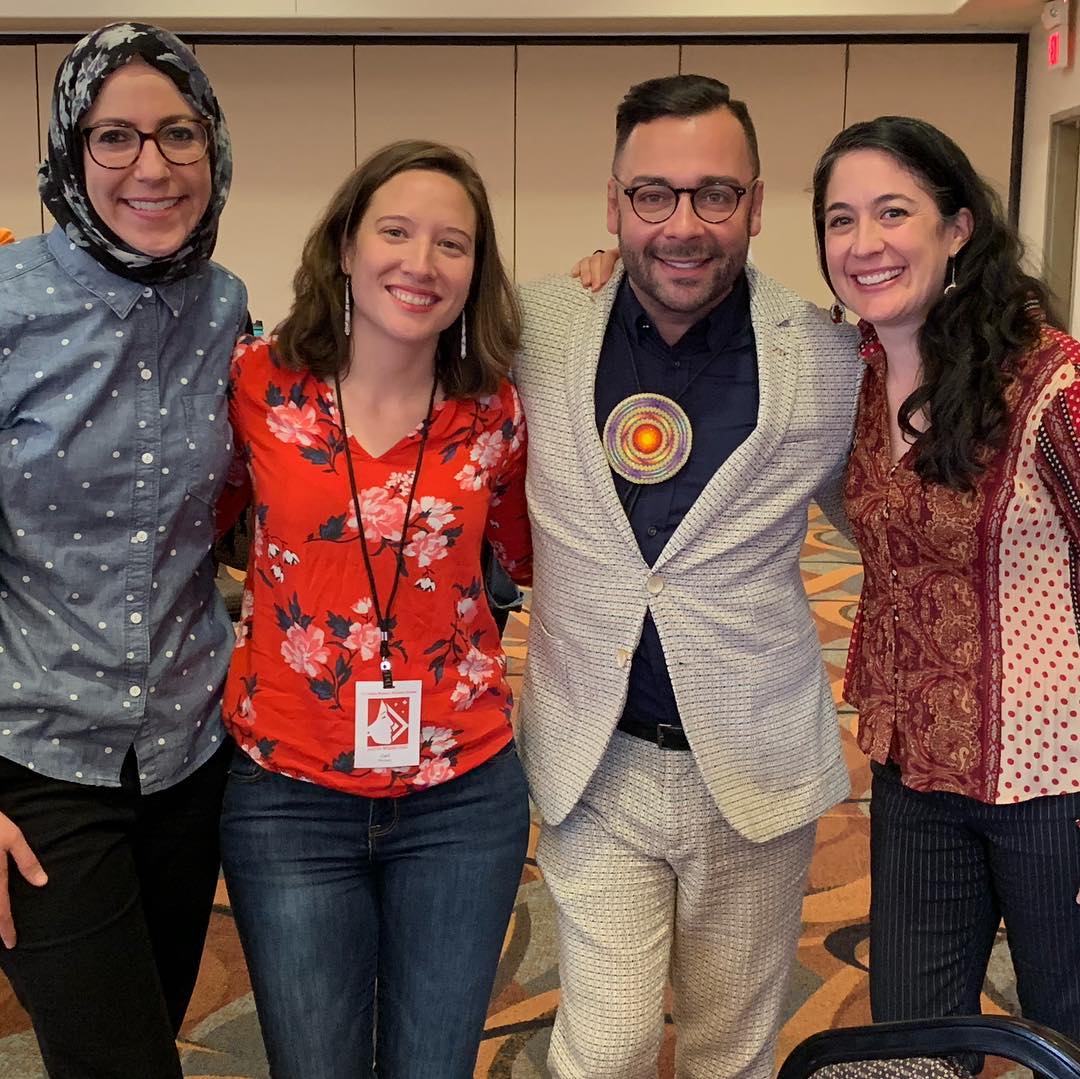Earlier this month our team had the privilege of attending a special session for funders with Edgar Villanueva, author of the book, Decolonizing Wealth, hosted by Native Women Lead at their 2019 Native Women’s Business Summit at Isleta Pueblo. Edgar challenged funders to examine how we can “engage wealth and philanthropy from a place rooted in reciprocity.” He also reaffirmed what many know well in New Mexico—that we haven’t attended to the history, pain, and trauma around systems of wealth. There is a deep need to begin the journey of healing alongside the process of decolonizing wealth.
This conversation is particularly important in a context where women and communities of color who have been historically dispossessed of their resources, and most impacted by current inequalities, continue to be under supported by the philanthropic community. The book, and Edgar’s words echo what we’ve heard from our community partners across New Mexico. For example, in our 2017 community-based research project, The Heart of Gender Justice in New Mexico, a participant in Gallup described the following:
“I just read recently that 3/10ths of one percent of all philanthropic giving goes to Native Americans. Then combine that with six percent to rural communities and seven percent to women and girls. I mean, it’s interesting: ‘Here’s a dime.’ Then you start splitting that up again too. ‘Take this dime. Don’t spend it all in one place.’ Not much there.”
In this context, it is essential for funders to support communities most impacted by inequality, including women and girls of color and those in low income and rural communities. Beyond support, communities need to be trusted as experts of their own lives and solutions. Simultaneously, funders need to be held accountable around their approaches to managing and distributing wealth. These were also findings in The Heart of Gender Justice research. Ultimately, we know that the long-term work to “decolonize wealth” and build economic justice is rooted in reexamining our economic models and relationships with money. We extend our deepest thanks to Native Women Lead and Edgar Villanueva for creating the brave space to start this conversation!
